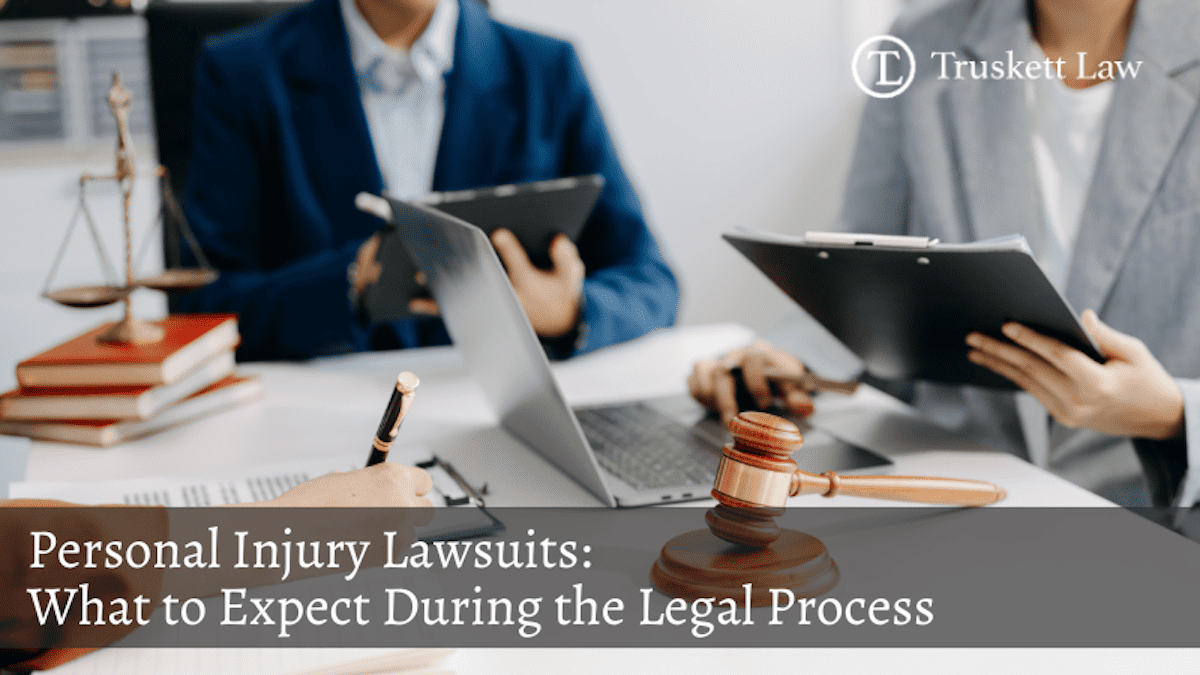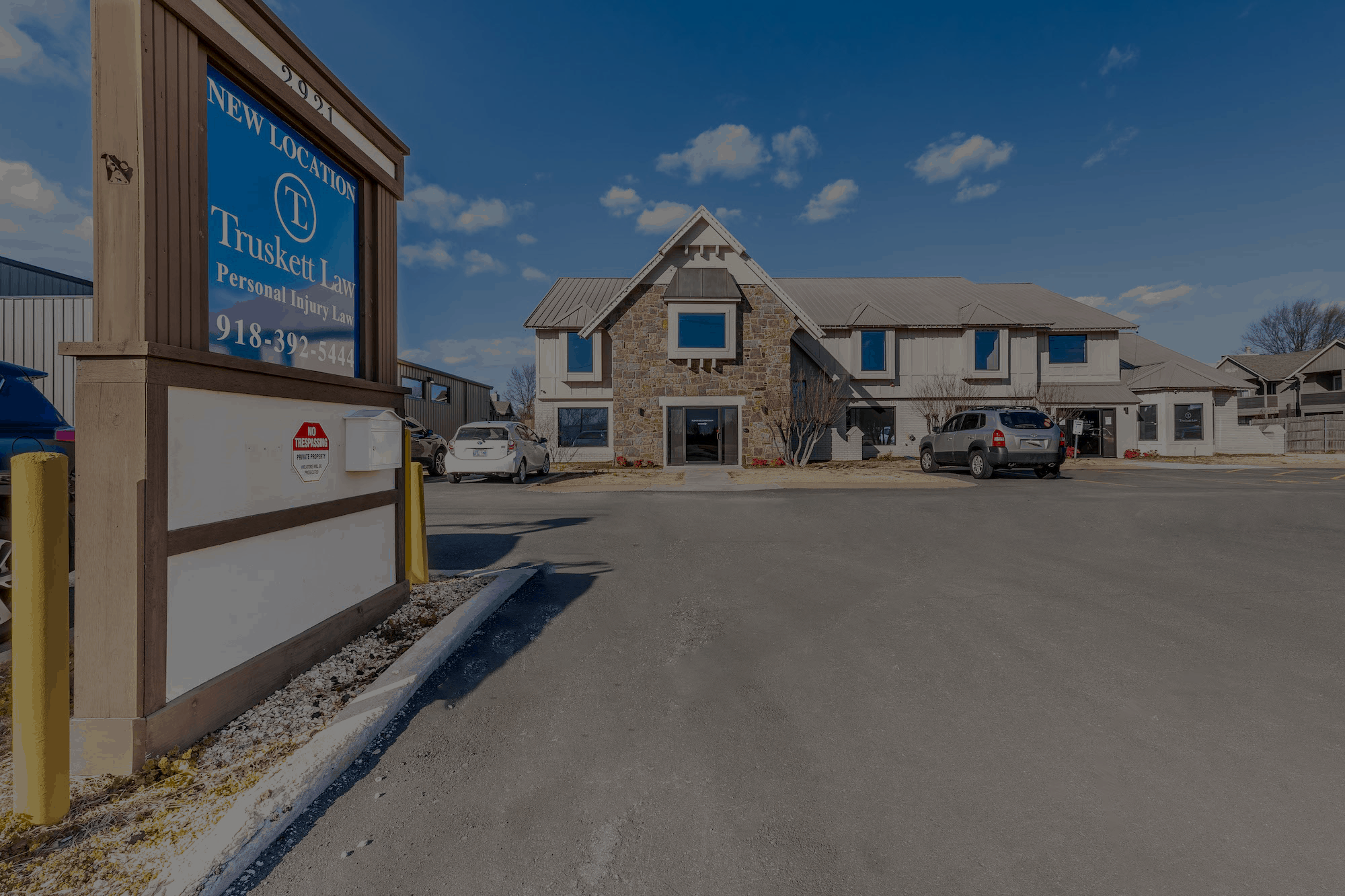
29 Mar Personal Injury Lawsuits: What to Expect During the Legal Process
In the realm of personal injury lawsuits, navigating the legal process can be daunting. Understanding what to expect during the legal process is crucial for anyone involved in such a case. Each step requires careful consideration and preparation, from the initial consultation to potential trial proceedings.
Navigating the complexities of a personal injury lawsuit requires a comprehensive understanding of the legal system and a strategic approach to building your case. By familiarizing yourself with the key stages of the legal process, you can effectively advocate for your rights and pursue fair compensation for your injuries.
Initial Consultation Of Personal Injury Lawsuits: Understanding Your Case
The journey begins with an initial consultation with a personal injury attorney. This pivotal meeting sets the stage for the entire legal process. During this consultation, the attorney will assess the merits of your case, gather essential information, and provide an overview of the legal options available to you.
It’s crucial to be transparent and forthcoming about all details related to the incident to ensure the attorney can offer the best possible advice.
Once you’ve scheduled your initial consultation, take the time to compile any relevant documents or evidence related to your case. This may include medical records, accident reports, and correspondence with insurance companies.
Being prepared can help facilitate a productive discussion with your attorney and ensure they have all the necessary information to evaluate your case effectively.

Investigation and Discovery: Gathering Evidence For Your Personal Injury Case
Following the initial consultation, the next phase involves investigation and discovery. This stage is focused on gathering evidence to support your case. This may include obtaining medical records, witness statements, and any other relevant documentation.
Additionally, both parties involved may engage in the discovery process, where they exchange information and evidence pertinent to the case. A thorough investigation lays the groundwork for building a strong legal strategy.
During the investigation phase, your attorney may enlist the help of experts such as accident reconstruction specialists or medical professionals to bolster your case. These experts can provide valuable insights and testimony to strengthen the evidence in your favor.
By conducting a thorough investigation, you can uncover key details that support your claim and increase your chances of a favorable outcome.
Negotiation and Settlement Discussions: Seeking Resolution
Once sufficient evidence has been gathered for your personal injury lawsuit, the focus shifts to negotiation and settlement discussions. In many personal injury cases, settling out of court is preferable, as it can expedite the resolution process and mitigate additional legal expenses.
During this phase, your attorney will engage in negotiations with the opposing party or their insurance representatives to secure a fair and equitable settlement. However, it’s essential to remain patient, as these discussions can sometimes be prolonged.
Throughout the negotiation process, your attorney will advocate for your best interests and work to secure a settlement that fully compensates you for your injuries and losses. They will carefully review any settlement offers and advise you on the best course of action based on the strength of your case.
While settling can provide closure and financial relief, it’s essential to ensure that any proposed agreement adequately addresses your needs and future expenses.

Litigation: Going to Court And What To Expect During The Legal Process
If a settlement cannot be reached through negotiation, the case may proceed to litigation. This involves filing a formal lawsuit and presenting the case before a judge and jury. Litigation for personal injury lawsuits can be a lengthy and complex process, requiring extensive preparation and courtroom expertise.
Throughout this stage, your attorney will advocate on your behalf, presenting evidence, examining witnesses, and arguing the merits of your case. While litigation can be daunting, it offers the opportunity to seek justice through the judicial system.
Before entering the litigation phase, it’s essential to discuss the potential risks and benefits with your attorney. Litigation can be time-consuming and expensive, and there’s no guarantee of a favorable outcome.
However, if you believe strongly in the merits of your case and are prepared to pursue it in court, litigation may be the best option for achieving the compensation you deserve.
Trial Proceedings: Presenting Your Case For Personal Injury
During trial proceedings, both parties present their arguments and evidence before the court. This phase typically involves opening statements, witness testimony, cross-examination, and closing arguments.
The judge or jury will then deliberate and render a verdict based on the presented evidence and applicable law. While trials can be emotionally taxing, they provide a forum for resolving disputes and obtaining a resolution to your case.
Throughout the trial, your attorney will work diligently to present a compelling case on your behalf. They will carefully prepare witnesses, craft persuasive arguments, and anticipate and respond to any challenges from the opposing party.
By presenting a clear and compelling narrative, you can increase your chances of a favorable verdict and obtain the justice you seek.

Appeals Process: Seeking Further Review
One last thing to note when talking about what to expect during the legal process of personal injury lawsuits is that in some instances, either party may choose to appeal the court’s decision. The appeals process allows for a higher court to review the case for legal errors or procedural irregularities.
While not every case is eligible for appeal, it provides an avenue for seeking further review and potentially overturning an unfavorable judgment.
If you’re considering an appeal, it’s essential to consult with your attorney to assess the viability of your case and understand the potential outcomes. Appeals can be complex and time-consuming, requiring careful legal analysis and strategic planning.
However, if there are legitimate grounds for appeal, it may offer a path to rectifying an unjust decision and obtaining the outcome you deserve.
Conclusion
Navigating a personal injury lawsuit can be a challenging and complex process. However, knowing what to expect during the legal process of a personal injury case can minimize your stress. With the right legal representation and understanding of the proceedings involved, you can effectively advocate for your rights and seek fair compensation for your personal injury.
By following these steps and seeking guidance from experienced professionals, you can navigate the legal process with confidence and clarity. Thank you for reading our article, please share it with others who could benefit!
Related Questions
How long does a personal injury lawsuit typically take?
The duration of a personal injury lawsuit varies depending on various factors, including the complexity of the case, the extent of injuries, and the legal proceedings involved. While some cases may be resolved relatively quickly through settlement, others may take months or even years to reach a resolution.
What compensation can I expect from a personal injury lawsuit?
Compensation in a personal injury lawsuit may include medical expenses, lost wages, pain and suffering, and punitive damages. The amount awarded depends on the case’s specifics, including the severity of injuries, impact on daily life, and degree of negligence involved.
Do I need to go to court for a personal injury lawsuit?
Not necessarily. Many personal injury cases are resolved through out-of-court settlements, negating the need for a trial. However, if a settlement cannot be reached, the case may proceed to litigation, where courtroom proceedings are required.
How much does it cost to hire a personal injury attorney?
Many personal injury attorneys work on a contingency fee basis, meaning they only get paid if you win your case. Typically, they will receive a percentage of the settlement or court award, which is agreed upon before representation begins.
What should I do if I’m injured due to someone else’s negligence?
If you’ve been injured due to someone else’s negligence, it’s essential to seek medical attention immediately and document the incident as thoroughly as possible. Additionally, consult with a personal injury attorney to explore your legal options and determine the best course of action moving forward.


Sorry, the comment form is closed at this time.